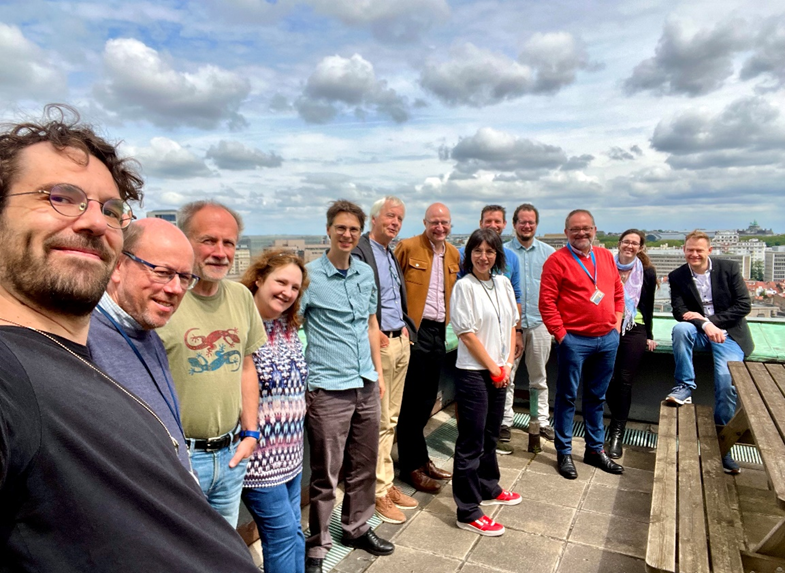ACTRIS2BE: ACTRIS to Belgium: Central and National Facilities Support
B3-ISO: High quality BioBanking in Belgium: the roads towards ISO 20387 accreditation
BE.DISSCo-FED: Reinforing the Belgian federal component in the setup of the DiSSCo ESFRI
Co-SHARE: Coordination of the Survey of Health, Ageing and Retirement in Europe
DAMAR: A Dependable Archive for Managing (Sensitive) Records
DIGILAB.BE: Belgian Federated Repositories
ICOS-BE: Integrated Carbon Observation System (ICOS)
KBR Virtual Lab: KBR Virtual lab: e-infrastructure for facilitating access and research of KBR's collections as data
METROFOOD-FED.BE: Belgian federal components and national node development for the ESFRI research infrastructure, METROFOOD, for the promotion of metrology in food and nutrition
RBINS-EMBRC: The contribution of the RBINS to the European Marine Biology Resource Centre
SERVE: Strengthening the provision of core services and data to the European Plate Observing System
TREE4FLUX: Monitoring trees in intensive, large-scale and long-term inventory plots for scaling eddy covariance carbon dioxide fluxes in Congo basin forests


